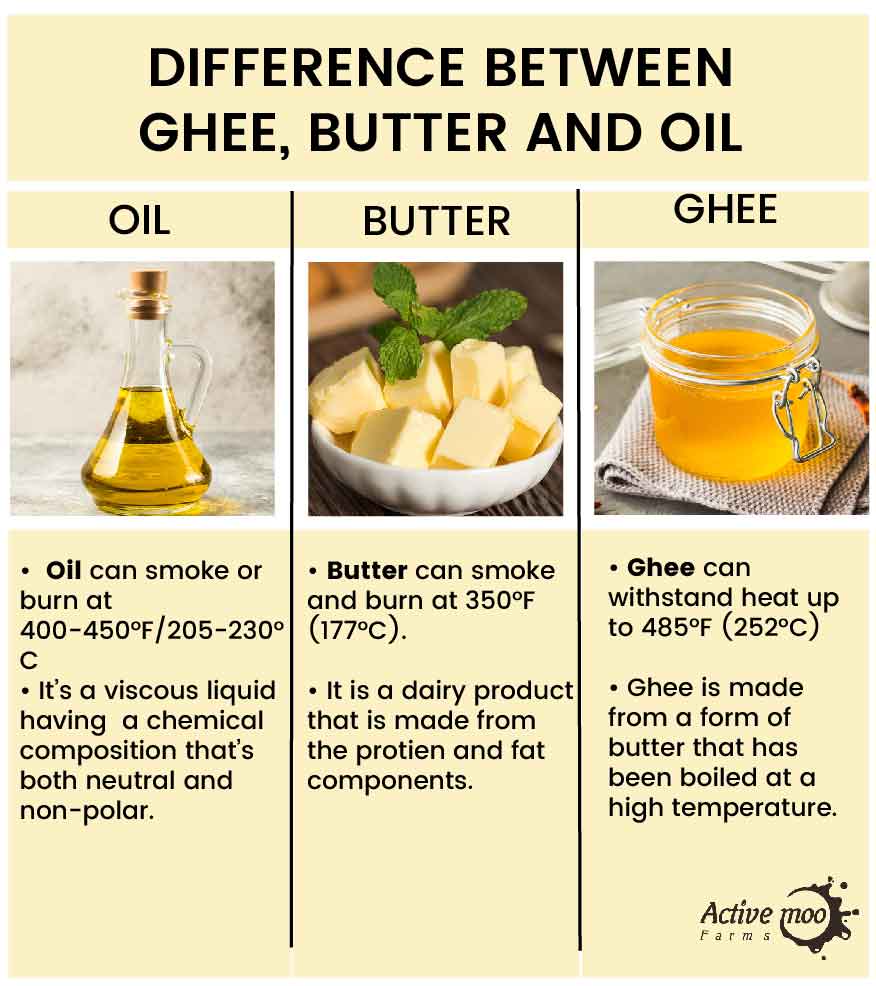In the debate between Olive Oil vs Ghee, many health enthusiasts find themselves torn between the two popular cooking fats. Both have significant health benefits and unique culinary uses, making them staples in various kitchens around the world. Understanding the differences between olive oil and ghee can help you make an informed decision on which is best suited for your dietary needs.
This article will explore the nutritional profiles, health benefits, culinary uses, and potential drawbacks of olive oil and ghee. By the end of this in-depth analysis, you will have a clearer understanding of how these two fats stack up against each other.
Moreover, as the world becomes more health-conscious, the demand for quality cooking fats is on the rise. Whether you are looking for a heart-healthy option or a fat that can withstand high cooking temperatures, this guide will provide the information you need to choose wisely between olive oil and ghee.
Table of Contents
- Nutritional Profiles
- Health Benefits
- Culinary Uses
- Smoke Points
- Potential Drawbacks
- Which is Better?
- Conclusion
- Call to Action
Nutritional Profiles
Understanding the nutritional profiles of olive oil and ghee is the first step to determining which is better for your health. Below is a comparative overview:
| Nutrient | Olive Oil (per 1 tbsp) | Ghee (per 1 tbsp) |
|---|---|---|
| Calories | 119 | 112 |
| Total Fat | 14g | 14g |
| Saturated Fat | 2g | 9g |
| Monounsaturated Fat | 10g | 3g |
| Polyunsaturated Fat | 1.5g | 0.5g |
| Vitamin E | 1.9mg | 0.2mg |
| Vitamin K | 0.1mcg | 0mcg |
As we can see, olive oil is lower in saturated fat and higher in monounsaturated fat, which is often considered the healthier fat. Ghee, on the other hand, has a high concentration of saturated fat, which is beneficial for cooking at high temperatures but may not be suitable for everyone.
Health Benefits
Both olive oil and ghee offer a range of health benefits, but they serve different purposes in a healthy diet. Let's take a closer look at the advantages of each.
Olive Oil Benefits
- Heart Health: Olive oil is rich in monounsaturated fats, which can help lower the risk of heart disease.
- Anti-inflammatory Properties: Contains antioxidants that can reduce inflammation in the body.
- Weight Management: May help in weight loss due to its satiating properties.
- Brain Health: Research suggests it may reduce the risk of cognitive decline.
Ghee Benefits
- Rich in Vitamins: Ghee is a good source of fat-soluble vitamins such as A, D, E, and K.
- Lactose-Free: Ghee is free from lactose, making it suitable for lactose-intolerant individuals.
- Digestive Health: Contains butyrate, a fatty acid that supports gut health.
- High Smoke Point: Ideal for high-temperature cooking without breaking down.
Culinary Uses
Olive oil and ghee are both versatile fats used in various cuisines. Here’s how they are commonly used:
Olive Oil Culinary Uses
- Salad dressings and marinades
- Drizzling over cooked vegetables
- Baking and roasting
- As a dip for bread
Ghee Culinary Uses
- Cooking Indian dishes like curries and dals
- Used in baking for a rich flavor
- Spread on toast or used in sautéing
- In traditional Ayurvedic cooking
Smoke Points
The smoke point of an oil is crucial as it determines how well the oil can withstand heat during cooking without producing harmful compounds. Here are the smoke points of both fats:
- Extra Virgin Olive Oil: Around 375°F (190°C)
- Refined Olive Oil: Approximately 465°F (240°C)
- Ghee: Approximately 485°F (252°C)
Ghee has a higher smoke point, making it suitable for frying and sautéing at higher temperatures compared to olive oil.
Potential Drawbacks
While both olive oil and ghee have health benefits, they also come with potential drawbacks:
Olive Oil Drawbacks
- High in calories, which may contribute to weight gain if consumed excessively.
- Extra virgin olive oil can be expensive and not always readily available.
Ghee Drawbacks
- High in saturated fats, which may raise cholesterol levels in some individuals.
- More calorie-dense than olive oil, making portion control necessary.
Which is Better?
Choosing between olive oil and ghee largely depends on your dietary preferences, health goals, and cooking methods. If you are looking for a heart-healthy option with anti-inflammatory properties, olive oil may be the better choice. However, if you require a cooking fat that can withstand high heat and is lactose-free, ghee could be more suitable.
Conclusion
In conclusion, both olive oil and ghee offer unique health benefits and culinary uses. Olive oil shines with its heart-healthy profile, while ghee excels in high-heat cooking and rich flavor. Incorporating both into your diet can provide a balanced approach to healthy fats.
Call to Action
What are your thoughts on olive oil vs ghee? Have you tried using both in your cooking? Leave a comment below to share your experiences, and don't forget to share this article with your friends. For more health-related articles, visit our blog!
Thank you for reading! We hope to see you again soon!
You Might Also Like
Finding The Best Cheap Roofer: Your Ultimate GuideUltimate Guide To Chrome Bathroom Faucets: Style, Functionality, And Maintenance
Exploring The Life And Achievements Of Colleen Aubrey
How To Get Your Bird Used To Being Petted: A Comprehensive Guide
How Much Does A Nickel Weigh In Ounces: A Comprehensive Guide
Article Recommendations
- 2009 Nissan Maxima
- How Much Did Ecw Tickets Cost
- Ghetto Bob
- Additional Shelf For Cabinets
- Shield Recipe For Minecraft
- Is It Worth Getting Iphone 15 Over 14
- How To Tag On Ig Story
- Fantastic Another Word
- Ubuntu Install Deb File Command Line
- Winter Essentials Woman


